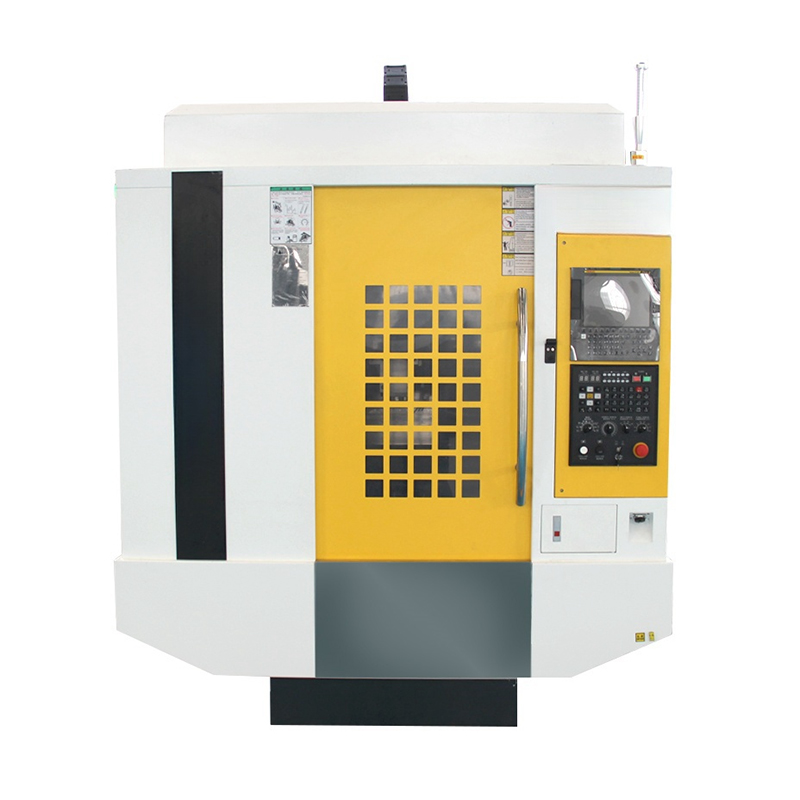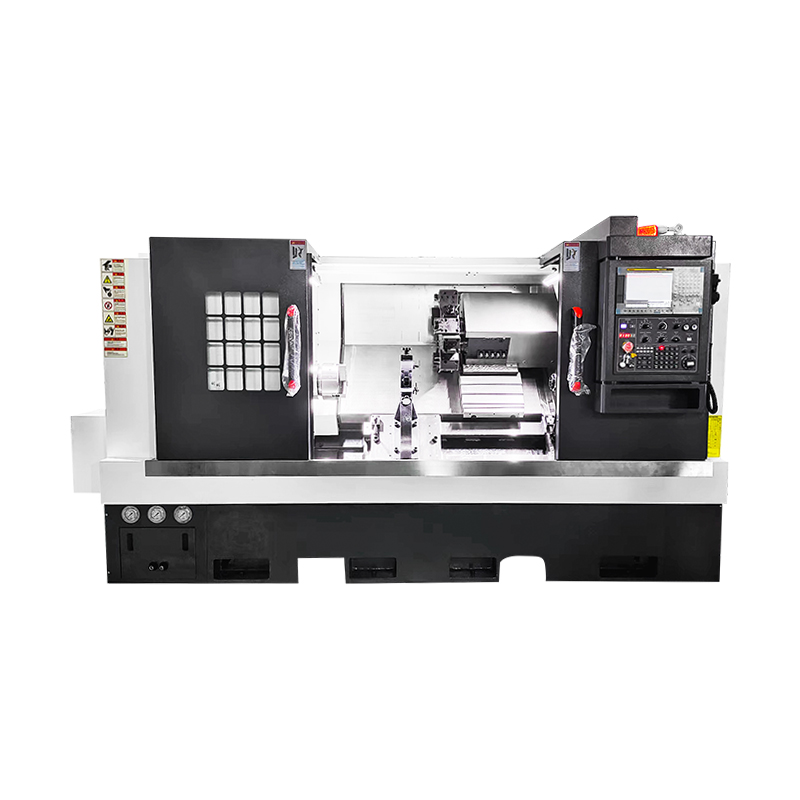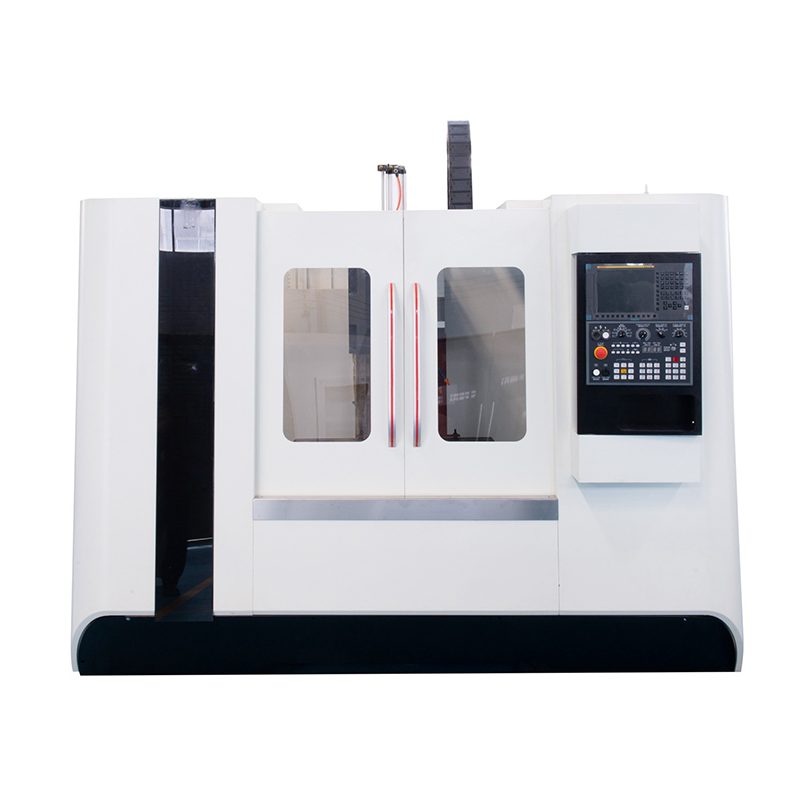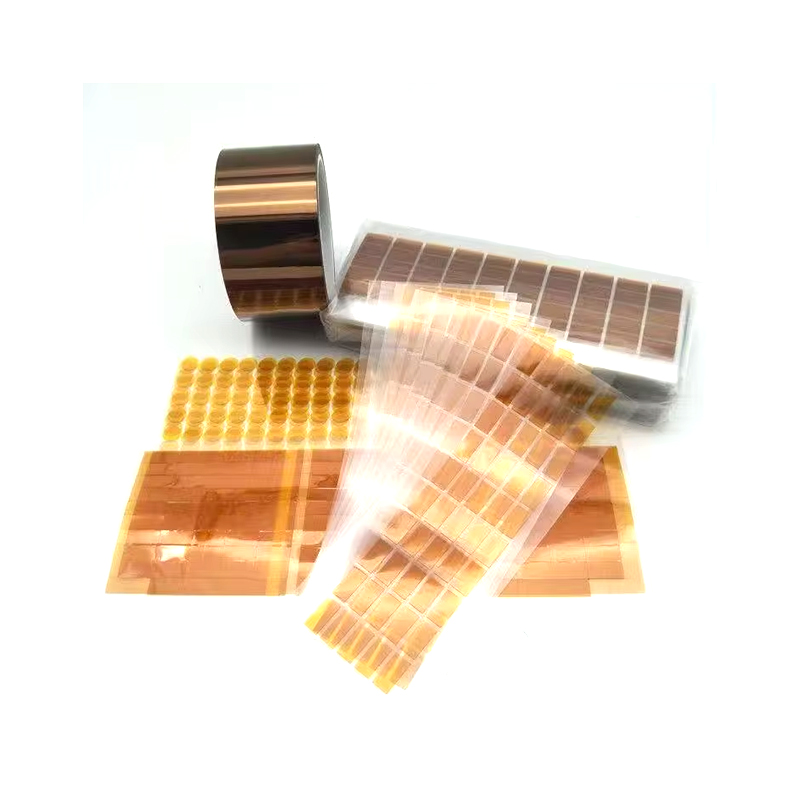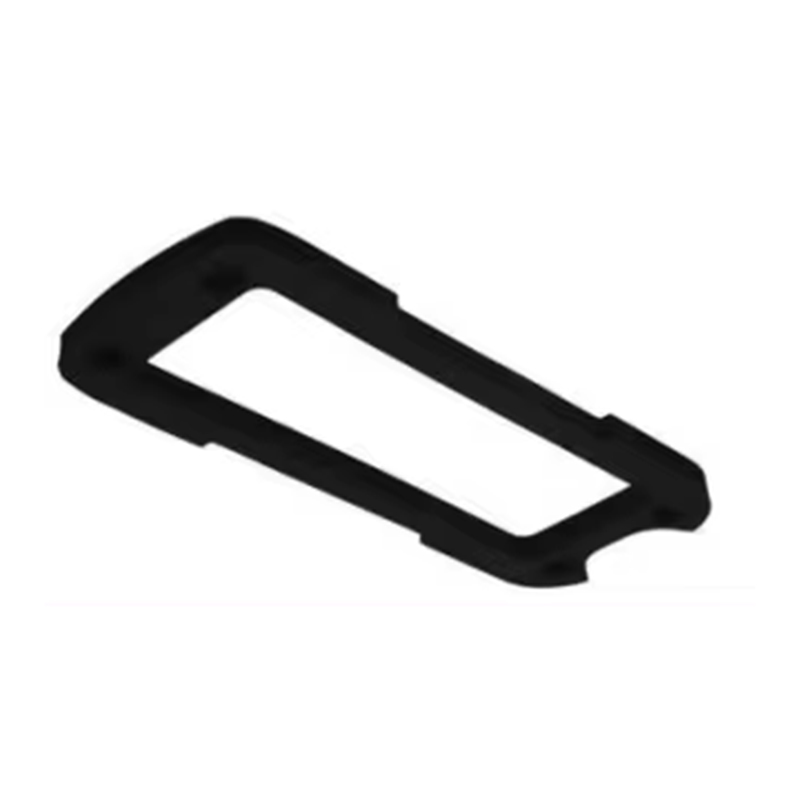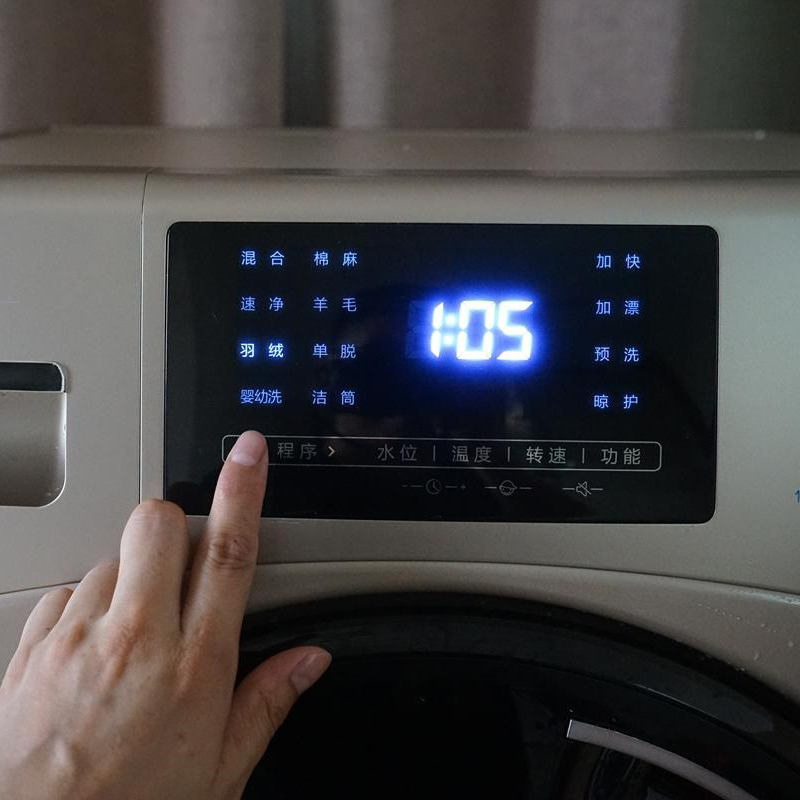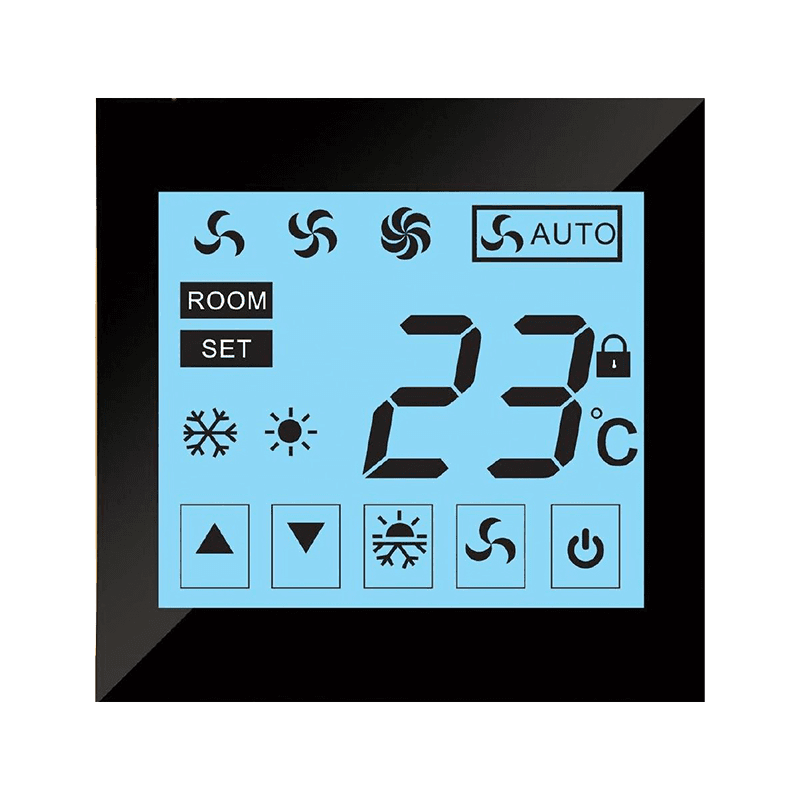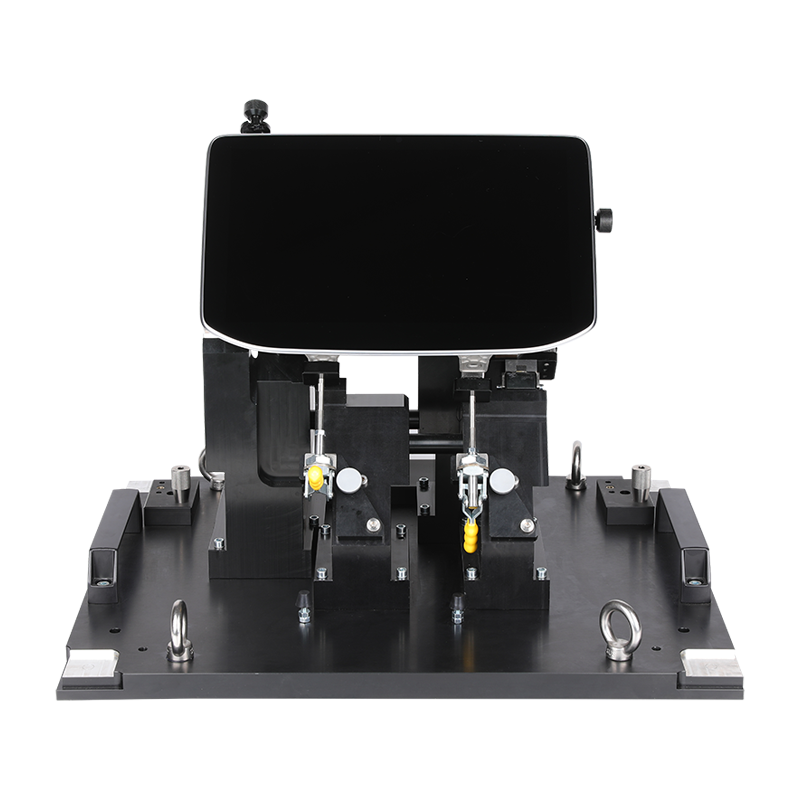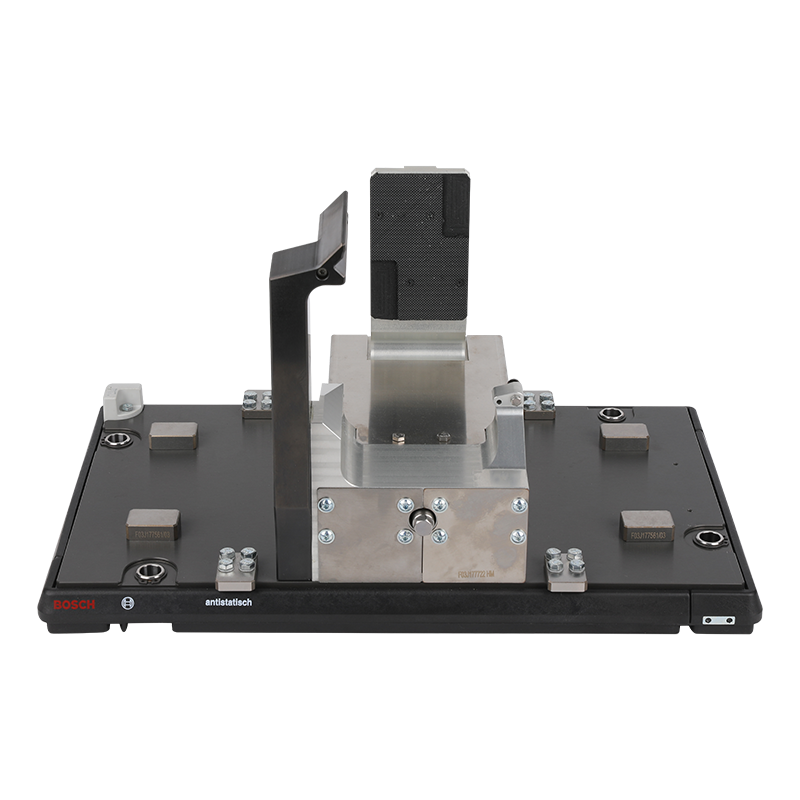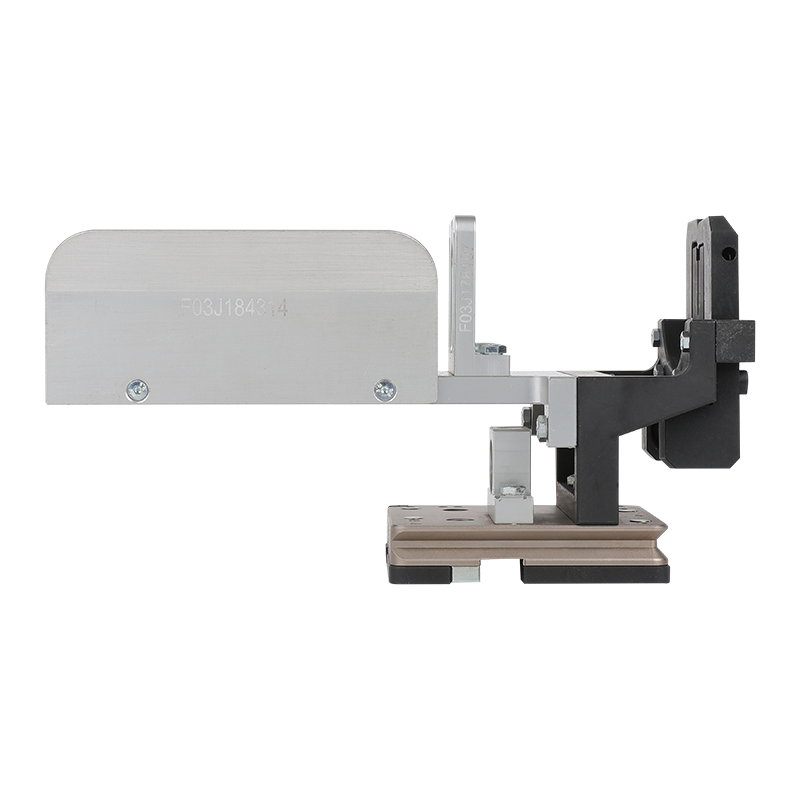In today's wave of intelligent and automated manufacturing, customized automation equipment parts play a crucial role. They are the cornerstone of various automated production systems. With their high precision, adaptability, and unique functionality, they are driving the manufacturing industry towards higher efficiency and quality.
Precise Customization to Meet Diverse Needs
The greatest advantage of customized automation equipment parts lies in their ability to be individually designed and produced to meet the specific needs of different industries and customers. Whether in the electronics, automotive, food processing, or pharmaceutical industries, each sector has its own unique automated production processes, with varying requirements for component size, precision, material properties, and surface finish. For example, in the 3C electronics industry, due to rapid product upgrades, component sizes are becoming increasingly smaller. For example, mobile phone camera modules are only a few millimeters thick, while chip pin pitches can even reach micrometers. This requires customized linear motor modules to possess extremely high positioning accuracy and repeatability, as well as fast dynamic response speeds. In the automotive industry, key components such as engine blocks and transmission gears require extremely high strength, wear resistance, and dimensional stability. Customized production ensures that these components perfectly fit into automated production equipment, enabling efficient and stable production operations.
Advanced Processes for Superior Quality
Manufacturing customized automation equipment components requires a range of advanced processing techniques and technologies. Among these, CNC machining (CNC) is one of the most core processes. Using a computer control system to precisely control tool motion and machining parameters, it enables high-precision machining of complex-shaped components, with machining accuracy reaching micron levels or even higher. For example, CNC milling and turning processes can produce a variety of high-precision gears, shafts, housings, and other components. Advanced technologies such as EDM, laser machining, and 3D printing are also widely used in customized component manufacturing. EDM can be used to process high-hardness, complex-shaped mold parts; laser machining is suitable for cutting, welding, and surface treatment of thin-walled and tiny parts; and 3D printing can rapidly produce components with complex structures, significantly shortening product development and production cycles.

High-quality Materials Ensure Stable Performance
Material selection is crucial to the performance and service life of customized automation equipment components. Different application scenarios and working conditions require materials with varying performance. Common materials include metals and non-metallic materials. Among metals, stainless steel, due to its strong corrosion resistance and easy-to-clean surface, is often used in the manufacture of automated equipment housings and food processing equipment components. Aluminum, due to its remarkable lightweight properties, is suitable for components that require frequent movement, such as conveyor chains in automated production lines and robotic arms. Steel, with its high load-bearing capacity and cost advantages, is often used in the manufacture of load-bearing structures such as equipment bases and brackets. Among non-metallic materials, engineering plastics offer excellent insulation, wear resistance, and design flexibility, making them suitable for manufacturing components such as gears, bearings, and buttons. Ceramic materials, due to their high-temperature and chemical resistance, are used in high-precision, demanding applications, such as semiconductor manufacturing equipment components.

Customized automation equipment parts, as a key element in the intelligent upgrade of the manufacturing industry, provide solid support for automated production across various industries with their advantages of precise customization, advanced technology, high-quality materials, and intelligent design. With the continuous advancement of technology and the continued growth of market demand, customized automation equipment parts will play a vital role in more areas, leading the manufacturing industry towards a more efficient and intelligent future.

 English
English русский
русский